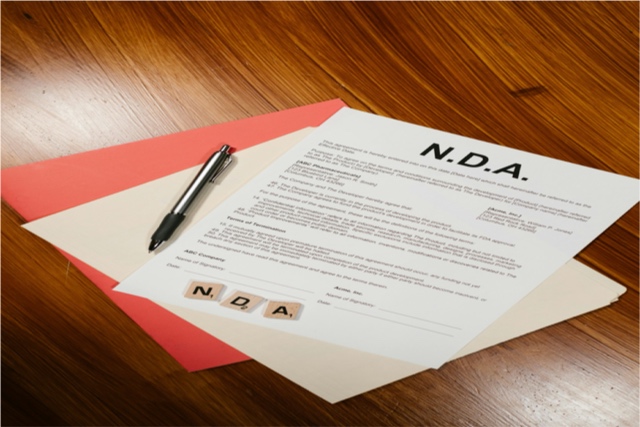Drawing on my deep legal knowledge and expertise, my blog provides insights on day-to-day legal issues and current hot topics for businesses.

Understanding NDAs: When You Might Need to Share Confidential Information with Third Parties
Non-Disclosure Agreements (NDAs) are designed to protect confidential information, but an often-overlooked aspect is that you may sometimes need to disclose that information to third parties. Here’s what to watch out for when reviewing an NDA.
Read More
Understanding NDAs: The Definition of Confidential Information and why it matters
A key aspect of any Non-Disclosure Agreement (NDA) is the definition of confidential information. For both the disclosing and receiving parties, this definition determines what must be protected and for how long. A vague or overly broad definition can create unnecessary risks and obligations. Here’s what both sides should consider when drafting or reviewing an NDA.
Read More
Understanding NDAs: The Recipient's Core Confidentiality Obligations Under an NDA
A key aspect of any Non-Disclosure Agreement (NDA) is the recipient's obligations regarding confidential information. While the focus is often on the disclosing party, the receiving party also carries significant responsibilities. Here’s what recipients need to consider when reviewing an NDA.
Read More
Understanding NDAs: The Non-Solicitation Clause for Directors, Officers, and Employees
NDAs often contain non-solicitation clauses that restrict the hiring or solicitation of employees, directors, and officers of the disclosing party.For recipients of confidential information, these clauses can create unintended hiring restrictions if not carefully negotiated.
Read More